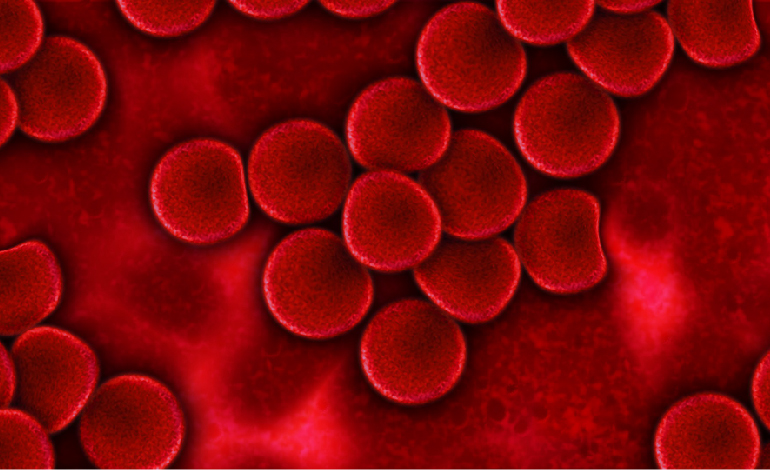Blood disorders
Blood disorders occur when a part of your blood doesn’t do its job. You may have excessive bleeding,
difficulty clotting or just not feel like yourself. With most blood disorders, people can expect to have a
lifespan and lifestyle that’s relatively normal. Early detection and treatment can make a big difference
in your quality of life.
Blood disorders are when something in your blood prevents it from doing its job. While some blood
disorders are caused by genes, some can develop as a result of other diseases, medications or a lack
of nutrients in your diet.
There are several different types of blood disorders. Some resolve completely with therapy, or do not
cause symptoms and do not affect overall lifespan (they are benign). Some are chronic and lifelong
but do not affect how long you live. Other blood disorders, like sickle cell disease and blood cancers,
can be fatal. The blood disorder list includes:
- Anemia.
- Hemophilia.
- Leukocytosis.
- Polycythemia vera.
- Sickle cell disease.
- Thalassemia.
- Von Willebrand disease.
TESTS
- Iron
- Transferrin
- TIBC
- Vitamin B12
- Vitamin D
- Folic acid
Other Tests
- Glucose
- C-reactive protein
- Glycated hemoglobin (HbA1c)
- Uric acid
- Arterial blood gases ([H + ], P CO2 , P O2 )
- Adrenocorticotropic hormone (ACTH)
- Toxicological screening and forensic toxicology (drugs and toxins)
- Neuron-specific enolase (NSE)
- fecal occult blood test (FOBT)

